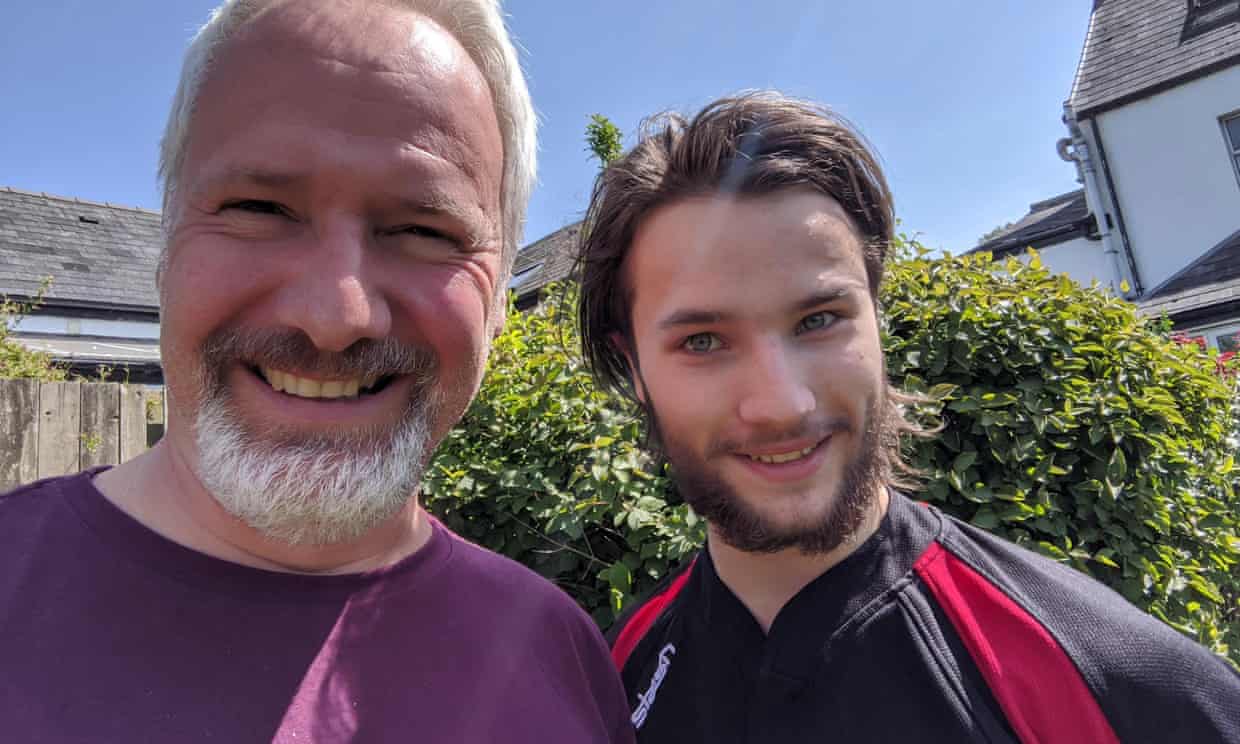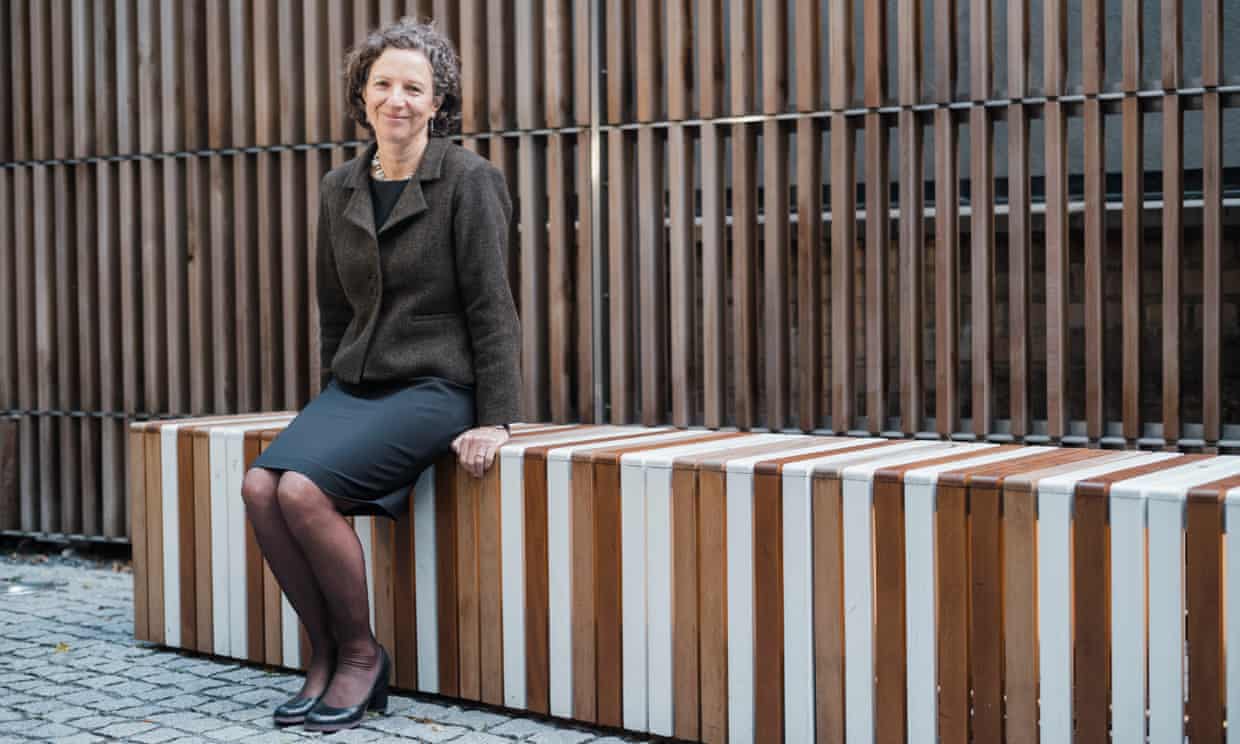
Higher education
We can't yet say what's on offer in September, UK universities tell freshers
As the deadline to accept a place approaches, universities are unable to promise lectures, seminars, halls or a nightlife
by Anna FazackerleyAnxious sixth-formers trying to decide which university offer to accept are finding little clear information to steer them, with vice-chancellors saying they are still not able to promise anything like the usual experience of lectures, seminars, nightlife – or even shared kitchen and dining spaces in halls.
Would-be freshers who have received offers will be asked to confirm a firm first choice by 18 June. Last week Nicola Dandridge, chief executive of the Office for Students, told MPs that before a student accepted a place, universities must provide “absolute clarity” about what their experience of starting during the pandemic would be like. But many vice-chancellors say this is unrealistic and are hedging their bets for fear of “over-promising”.
The head of a university in the elite Russell Group says: “We can’t honestly be clear where we will be in four months’ time. And there are legal implications if you say ‘yes, you’ll be here attending seminars and staying in halls,’ and then that can’t happen.”

Prof Colin Riordan, the vice-chancellor of Cardiff University, another Russell Group member, says: “We are fortunate that we aren’t regulated by the OfS so we can safely ignore what they are saying. Our regulator in Wales is being much more pragmatic and not asking us to do what we can’t do.”
Universities are devising plans for how to open up their campuses again in the autumn – not least because they are worried that thousands of new students might otherwise try to defer their places.
Mike Taylor, a computer programmer from Ruardean, Gloucestershire, says his youngest son, Jonno, who wants to be a composer, is now unsure about whether to press ahead with studying music at Lincoln University, a course he feels is “absolutely perfect” for him.
While Taylor is not convinced small-group teaching is safe, he is most saddened about what his son’s social experience of university would be like. “If you go to study music, you want to sing in choirs, form bands, do gigs in the student union, and so on. None of that can happen safely,” he says.
“The big concern is that university is one of those things you get one shot at. If Jonno goes now, he burns his precious three years, and accumulates his huge debt, for what can only be a substandard experience.”
Simon Marginson, professor of higher education at Oxford University, says that faced with an online start, many students’ instincts will be to defer, or to “take their chances” on admission in a future year. “Students will be more sharply aware of a diminished offering at university than the struggle to find work in a recession, which they have yet to fully experience,” he says.
Riordan, meanwhile, says universities are hoping that by September regulations will have relaxed enough for freshers to have a campus-based experience, even if it looks and feels very different because of distancing rules. But he says no one knows for sure whether there will be a resurgence of the disease, or what the regulations will be at that time.
“Most of us are being pretty cautious, as over-promising or giving students misinformation would be far worse,” he says.

Cambridge, Manchester and Nottingham Trent universities have all confirmed that they will be delivering lectures online, at least for the first semester, with hopes to deliver small-group teaching face-to-face. Riordan agrees large group teaching by September is likely to be “out of the question” and says small-group contact would be “the easiest thing to fix”.
Other elements of the plan are trickier. “What you can’t put online so easily are things like chemical practicals, which need a lab, or teaching doctors and dentists, where there really needs to be personal interaction and training. We have to find a way around that as we clearly can’t stop training doctors.”
Like most universities, Cardiff has mapped out one-way systems around its buildings similar to those in supermarkets. Extra toilets are being commissioned in car parks.
However, one of the questions keeping Riordan awake at night is how the university will ensure that young people, who have been among the most likely to flout social distancing rules, take the plan seriously.
“We may get people to sign an agreement as a condition of being on campus. We have to do everything we can to avoid an outbreak.” His team is talking to lawyers about this.
While parents and staff want reassurances about safety, he believes many students are still hoping for a first term of socialising and parties. He advises a reality check: “We won’t have the same sort of nightlife anywhere in the country.”
However, some universities, sensing that many students will want a campus-based experience, are aiming to deliver lectures in person. Worcester says that to keep numbers down it will alternate students between those attending in person and those watching online, and will also offer smaller face-to-face classes.
Its vice-chancellor, Prof David Green, says he is determined to have in-person teaching wherever possible, because “research is already showing that students from disadvantaged backgrounds have found it hardest to progress their studies during the lockdown”.
The head of Aston University, Prof Alec Cameron, says: “Cambridge announced no lectures, but their model has always been that lectures are a voluntary element. Most of the sector still relies on lectures as a core component.”
However, Cameron estimates that a 200-person lecture would need to be cut by about two-thirds to comply with social distancing, and his university doesn’t yet know how to achieve that.
Another big challenge, he says, will be working out with its private provider how halls will function, with their shared living, kitchen and dining spaces. “In the short term it may be difficult to provide some of those arrangements under strong social distancing requirements,” he admits.
Cameron says: “We have to be open about the uncertainty that is attached to our good intentions. We are saying that we will be enrolling and commencing students in September. But at the heart of our decision making, our top priority will be whether it is safe for students and safe for staff.”
Smita Jamdar, head of education at the law firm Shakespeare Martineau, wants the OfS to “dial back” its demands. “Right now, with universities under the most extraordinary pressure, they seem to be expecting more of them than they would in normal times.”
However, Colin McCaig, professor of higher education at Sheffield Hallam University, says universities can’t keep would-be students in the dark much longer. “It’s a circle that has to be squared. Universities need to come out and put their sticker up on the window and say ‘Hey, this is what you’re getting.’ Only then can consumers make a proper choice.”